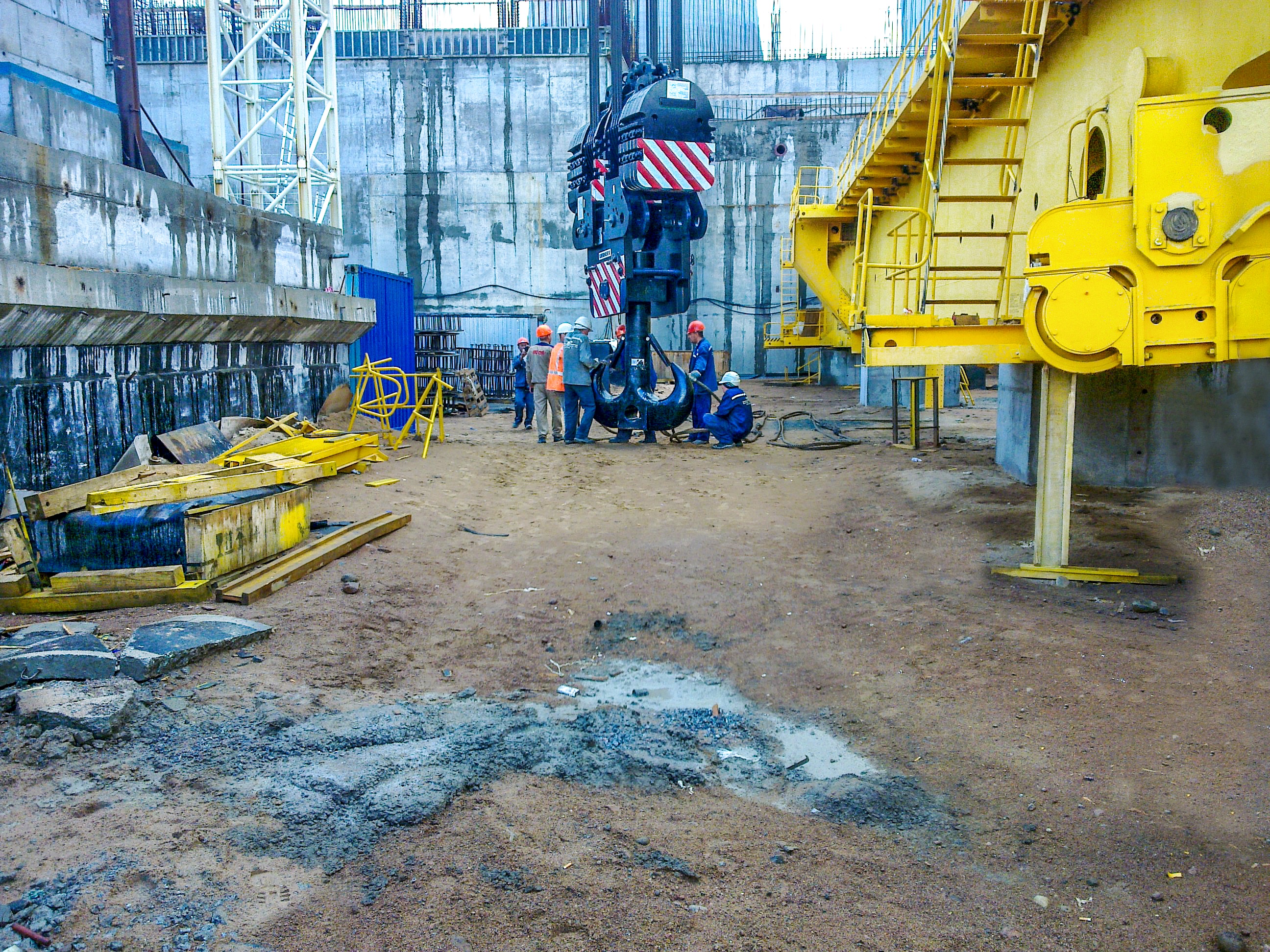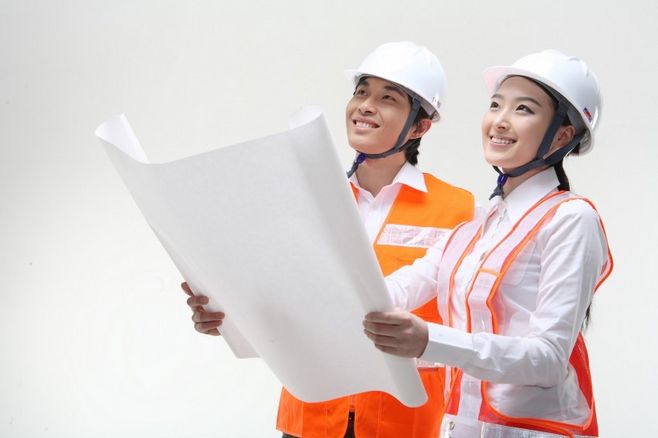
The SA 8000 International Standard encourages organizations to develop, maintain and apply socially accepted work environment practices. Founded in 1989 by Sai, a member of the economic priorities Committee, it is the most widely recognized independent working standard in the world, applicable to organizations of any size around the world. The areas covered by the SA8000 standard include child labour, occupational health and safety, freedom of association and collective bargaining, discrimination, punishment, working hours, remuneration and management systems. In addition to developing world-wide workplace standards, SA 8000 also adopts existing international agreements, including International Labor Organization Conventions, global declaration of human rights, United Nations Convention on the rights of the child, etc.
The SA8000 process can improve the attractiveness of an enterprise to existing and potential workers, and HR will carry out activities based on it, said keffman of CEPAA, "using SA8000 process has its pure economic value", she said. "If you are improving the training of workers, you will get healthier partners and more loyal employees. Having healthier partners means investing in workers, because you get a higher return on productivity and morale. The survey found that people will understand their work better, maintain a better level of training and become more qualified workers. People will be proud of the tendency to choose more ethical, human rights based companies.
SA8000 specifies the minimum requirements in the following areas with consistent standards:
Child labor: enterprises must control the minimum age, juvenile workers, school internships, working hours and safe working scope in accordance with the law.
Forced employment: the enterprise shall not carry out or support the use of forced labor or the use of lures or require collateral in the employment. The enterprise must allow employees to leave after shift and allow employees to resign.
Health and safety: the enterprise shall provide safe and healthy working environment, protection against accident and injury, health and safety education, sanitation and maintenance equipment and standing drinking water.
Freedom of association and the right to collective bargaining: enterprises respect the right of all personnel to form and participate in the selected trade union and collective bargaining.
Differential treatment: enterprises shall not discriminate due to race, social status, nationality, disability, gender, childbearing tendency, membership or political faction.
Punishment measures: material punishment, mental and physical suppression and verbal abuse are not allowed.
Working hours: the enterprise must comply with the relevant laws and regulations. The working hours of employees shall not exceed 60 hours a week. Overtime work must be voluntary. Employees shall have at least one day of vacation a week.
Remuneration: the salary must reach the minimum limit prescribed by the law and the industry, and there is any income in addition to meeting the basic requirements. Employers are required to provide allowances, treatment and deductions and not to circumvent the labour law with false training schemes.
Management system: the enterprise shall formulate an open policy and promise to abide by relevant laws and other regulations; ensure the summary and review of management, select the enterprise representative to supervise the implementation of plan and control, select the supplier who also meets SA8000, determine the way to express opinions and take corrective measures, open the contact with the reviewer, provide the applied inspection methods, and provide Supporting supporting supporting supporting documents and records.

1. Submit application
2. Review and acceptance
3. First visit
4. Sign the contract
5. Submission
6. Form audit team
7. Prequalification of documents
8. Audit preparation
9, pre-trial
10. Certification audit
11. Submit audit report and conclusion
12. Approved by Technical Committee
13. Approval of registration
14. Issue certificate
15. Certified company notice
16. Supervision and audit

1. Reduce the second party audit of foreign customers to suppliers, save costs
2. Enable enterprises to meet the requirements of local laws and regulations to a greater extent
3. Building international credibility
4. Enable consumers to build positive emotions about products
5. Build long-term confidence of partners in the enterprise
Service support
Business line: 021-33281036
Market part: 021-64090330, transfer to 801
Mobile: 18601799562
Wechat: 18601799562
Service email: yy@shatc.group
Recommend
Relevant industry recommendation
Brand evaluation and
certificationof commercial
enterprises

Assessment System of
Property Management
Services

Vehicle maintenance
service certificatio

Enterprise Standard System

Evaluation of
enterprise standardization
wor

Index of enterprise credit
evaluation

Corporate credit
management system
certification

Quality Management
System for Construct

Evaluation system of
merchandise after
sale servic

Electrostatic discharge
control management
system

Hazardous substance
process management
system

Social responsibility
management system

Medical device quality
management system

Welding quality system
certification

Evaluation of integrated
management system

Measurement test

Occupational health
and safety management
system

Environmental
management system

Quality management system